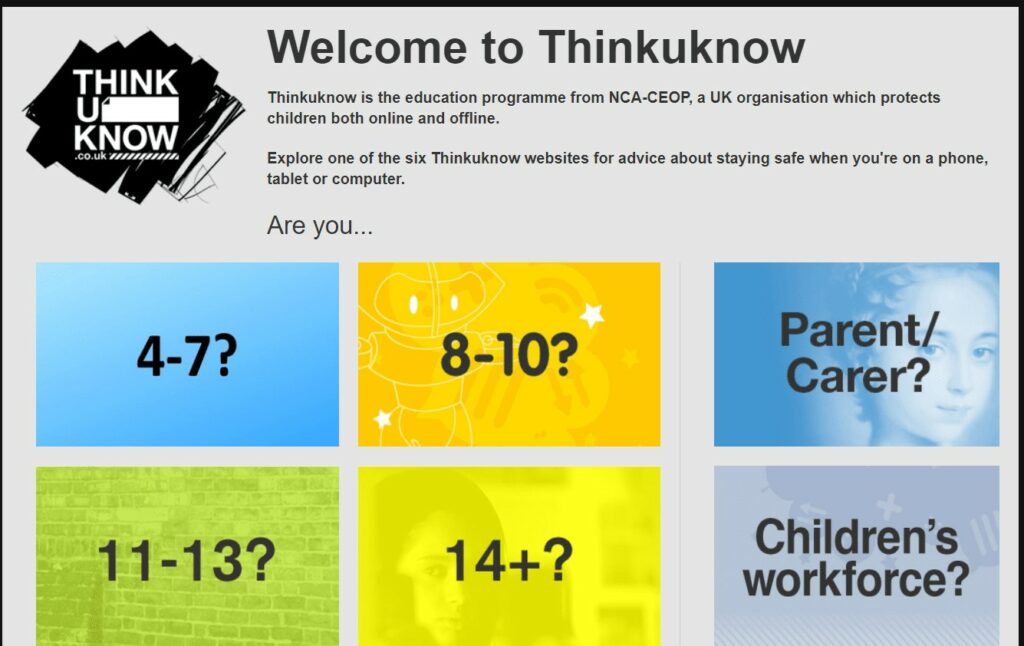Click below to view our Safeguarding & Visitor Information
Lorem ipsum dolor sit amet, consectetur adipiscing elit. Ut elit tellus, luctus nec ullamcorper mattis, pulvinar dapibus leo.
Safeguarding is what we do for all children; and Child Protection is what we do for children who have been harmed or are at significant risk of being harmed.
We have a number of policies and procedures in place that contribute to our safeguarding commitment, including our Child Protection Policy and Child Protection Manual, which can be viewed in the Policies section of our website.
All staff believe that our school should provide a caring, positive safe and stimulating environment that promotes the social, physical and moral development of the individual child.
Sometimes we may need to share information and work in partnership with other agencies when there are concerns about a child’s welfare. We will ensure that our concerns about our pupils are discussed with his/her parents/carers first unless we have reason to believe that such a move would be contrary to the child’s welfare.
We actively support the Government’s Prevent Agenda to counter radicalism and extremism.
We will aim to do this by:
- Support the child’s development in ways that will foster security, confidence and independence.
- Provide an environment in which children and young people feel safe, secure, valued and respected, and feel confident, and know how to approach adults if they are in difficulties, believing they will be effectively listened to.
- Raising the awareness of all teaching and non-teaching staff of the need to safeguard children and of their responsibilities in identifying and reporting possible cases of abuse.
- Providing a systematic means of monitoring children known or thought to be at risk of harm, and ensure we, the school, contribute to assessments of need and support packages for those children.
- Emphasizing the need for good levels of communication between all members of staff.
- Ensuring a structured procedure within the school which will be followed by all members of the school community in cases of suspected abuse.
- Developing and promoting effective working relationships with other agencies, especially the Police and Social Care.
- Ensuring that all staff working within our school who have substantial access to children have been checked as to their suitability, including verification of their identity, qualifications, and a satisfactory DBS check and a central record is kept for audit.
Our Designated Senior Lead for child protection (DSL) is Mr Conrad Fox (Headteacher).
Our Deputy Designated Senior Lead for Safeguarding (DDSL) is Mrs Tanner.
Please see our procedures for dropping off and collecting your child.
Useful Links


E-Safety Information
Hunmanby Primary School has established a robust culture of e-safety that has ensured both pupils and staff feel safe and confident while utilising the internet and various devices. The school has identified e-safety as a Contextual Safeguarding Concern and put Policies and Procedures in place to create a safe and secure environment for all users. With the increasing use and diversity of technology in our daily lives, it is essential to equip pupils and their parents with the necessary skills and knowledge to navigate the internet safely and responsibly.
Hunmanby Primary School has taken a proactive approach to this issue, with a curriculum that educates pupils on the dangers of the internet and how to use it safely. Additionally, the school has implemented various measures, such as internet filtering and monitoring, to ensure that pupils are not exposed to inappropriate content. The school’s commitment to e-safety has created a safer and more secure learning environment for all pupils and staff.
Lorem ipsum dolor sit amet, consectetur adipiscing elit. Ut elit tellus, luctus nec ullamcorper mattis, pulvinar dapibus leo.
Filtering and Monitoring
Parents can be reassured that at Hunmanby Primary School we employ the highest quality filtering and monitoring systems to mitigate the risks of our children’s online safety. The school uses NYC Smoothwall, as its filtering system, employing a continuously updated series of keywords and watchwords to filter the content of the internet from any of the machines within the school system. Although no system is perfect, this has provided the highest quality of control on internet provision in school.
All school devices, including Chromebooks , are part of the school’s Smoothwall system. The system monitors keyboard entry and reports key words and watch words as they are typed on any child’s keyboard. This provides real time and highly effective monitoring of all users on the school system. We receive a daily alert, with IP addresses and reason for the alert, which is then recorded and followed up by the Headteacher/DSL and reported back to the Governing Body. This should provide parents and carers with confidence that their children’s experience of the online world is safe and backed up by a broad curriculum of online safety guidance.


Children will be asked to explore an increasingly wide range of websites and digital content and will be required to use search engines to develop their skills as a digital citizen – using these systems of filtering and monitoring we feel secure in exploring the online world, giving us opportunities to learn about online risks as we progress through school.
Lorem ipsum dolor sit amet, consectetur adipiscing elit. Ut elit tellus, luctus nec ullamcorper mattis, pulvinar dapibus leo.
Useful Documents For Parents and Pupils
Other useful e-safety websites
Key internet safety issues
Online safety issues could include cyberbullying, the pressure to take part in sexting, encouragement to self-harm and viewing pornography, along with many others. But there are positive things you can do to help prepare yourself and your child to confidently tackle any issue they may face.
They have created a number of internet safety advice hubs to help you learn more and find support for these risks. Choose an online safety issue below to help keep children safe online.
Welcome to CEOP Education
The National Crime Agency’s CEOP Education team aim to help protect children and young people from online child sexual abuse.
They do this through our education programme, providing training, resources and information to professionals working with children, young people and their families.
Lorem ipsum dolor sit amet, consectetur adipiscing elit. Ut elit tellus, luctus nec ullamcorper mattis, pulvinar dapibus leo.
https://thegoto.org.uk/im-a-parent-or-carer/is-your-child-struggling-to-attend-school/
Is your child struggling to attend school?Please Click Above for more information
Some children and young people find attending and engaging with school more difficult than others. This can be for a variety of reasons. In education settings and services supporting children and young people’s mental health in North Yorkshire, there has been a reported increase in children and young people experiencing these difficulties. If your child is struggling with aspects of school attendance or engaging with school, it is important that you discuss these issues with your child’s school.


